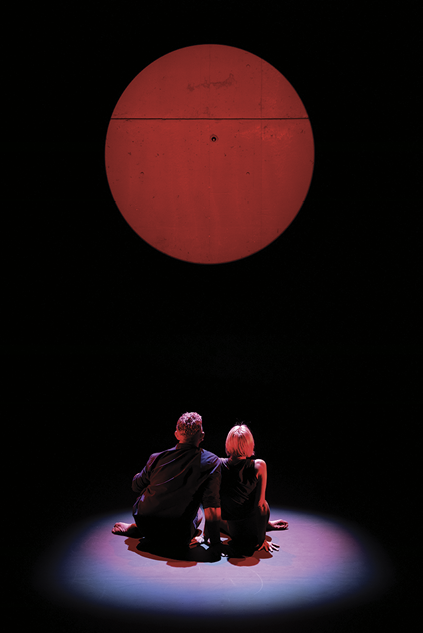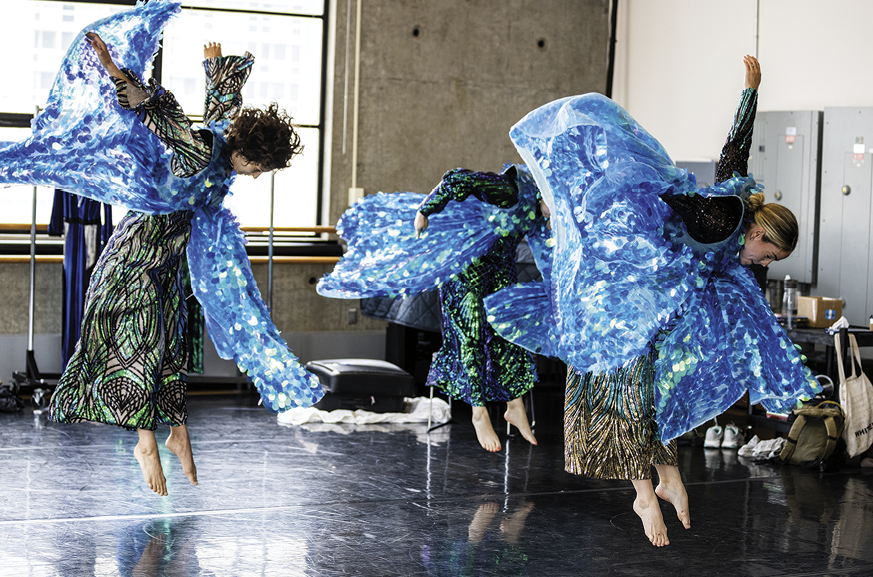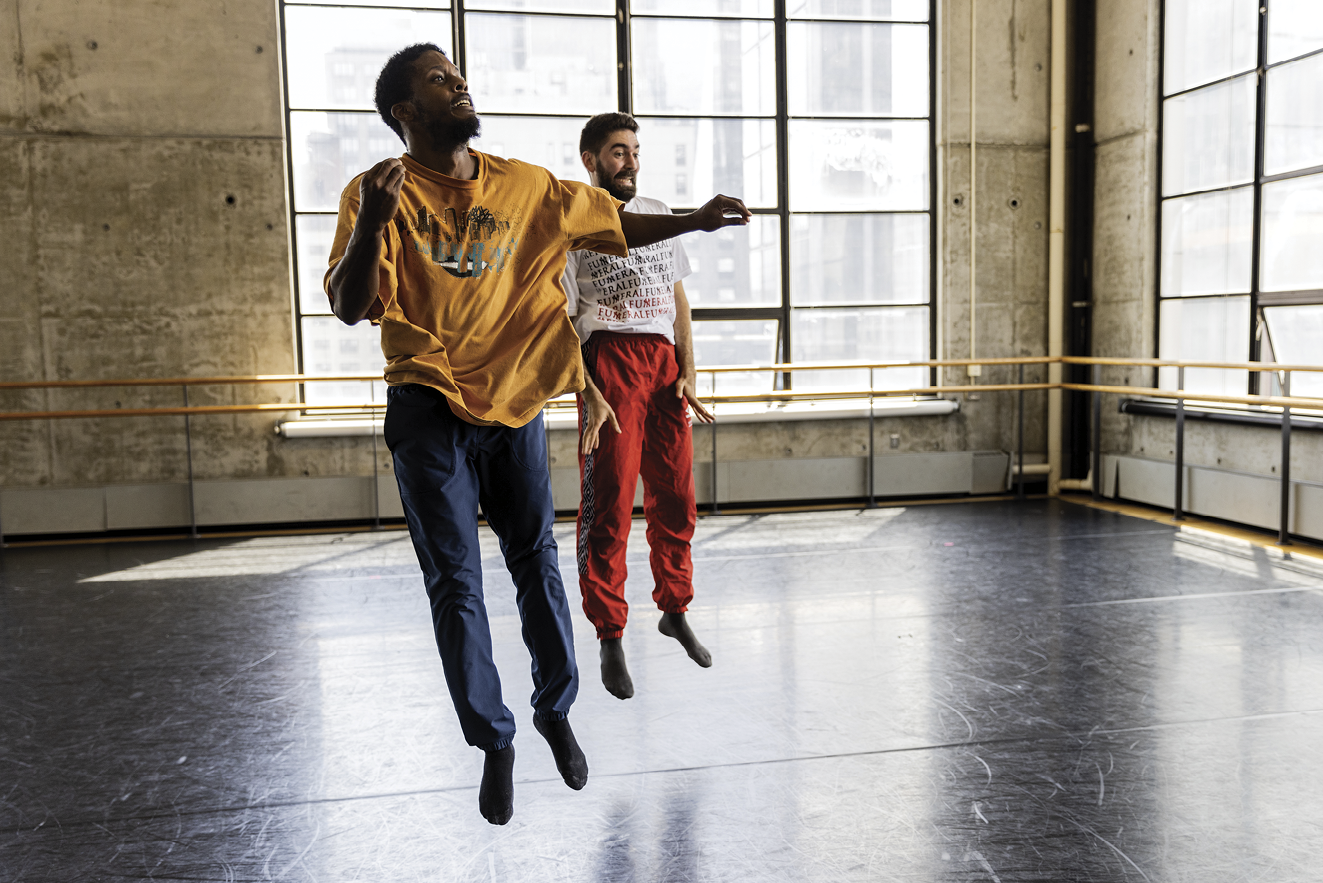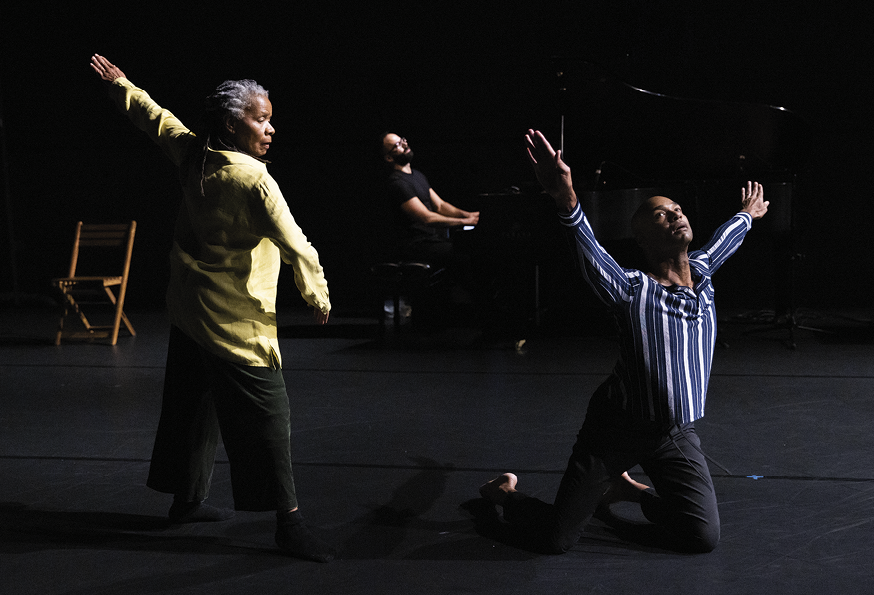- Home
- Media Kit
- MediaJet
- Current Issue
- Past Issues
- Ad Specs-Submission
- Ad Print Settings
- Reprints (PDF)
- Photo Specifications (PDF)
- Contact Us
- PRIVACY POLICY
- TERMS OF USE
![]()
ONLINE
![]()
ONLINE

A Life of Dance
Editors’ Note
Born 1948 in Riga, Latvia, Mikhail Baryshnikov is considered one of the greatest dancers of our time. After commencing a spectacular career with the Kirov Ballet in Leningrad, he came to the West in 1974, settling in New York City as principal dancer with American Ballet Theatre (ABT). In 1978, he joined New York City Ballet, where he worked with George Balanchine and Jerome Robbins. A year later he was appointed artistic director of ABT where, for the next decade, he introduced a new generation of dancers and choreographers. From 1990-2002, Baryshnikov was director and dancer of the White Oak Dance Project, which he and choreographer Mark Morris co-founded to expand the repertoire and visibility of American modern dance. As an actor, he has performed widely on- and off-Broadway, as well as in television and film, receiving a Tony Award nomination and a Drama Desk Award nomination for Metamorphosis, and an Academy Award nomination for The Turning Point. Other theatrical productions include Forbidden Christmas or The Doctor and the Patient, Beckett Shorts, In Paris, Man in a Case, The Old Woman, Letter to a Man, and Brodsky/Baryshnikov. Recent projects include NOT ONCE., a cinematic installation developed in collaboration with Jan Fabre and Phil Griffin, and a second theatrical production directed by Latvian director Alvis Hermanis entitled The White Helicopter. He has worked with director Igor Golyak and the Arlekin Players Theatre on a new adaptation of Chekhov’s masterpiece The Cherry Orchard. In 2005, he launched Baryshnikov Arts Center (BAC) in New York City, a creative space designed to support multidisciplinary artists from around the globe. Among Baryshnikov’s many awards are the Kennedy Center Honors, the National Medal of Arts, the Commonwealth Award, the Chubb Fellowship, the Jerome Robbins Award, and the Vilcek Award. In 2010, he was given the rank of Officer of the French Legion of Honor, and in 2017 he received Japan’s prestigious Praemium Imperiale International Arts Award in Theatre/Film.

Our Days and Night
Will you discuss your career and your ability to reinvent yourself throughout your career?
Since the time I started studying dance, my interest was always wider than classical ballet. Of course, like most ballet students, I wanted to do the big romantic roles, and eventually I did, but I also knew there were all kinds of dance; folk dance, barefoot modern dance that I saw pictures of in smuggled copies of Dance Magazine, and National Ballet of Cuba dancers performing Balanchine in costumes that looked like rehearsal clothes. There was Fred Astaire and James Cagney in classic Hollywood films – somehow those were available in the Soviet Union – and in the films from India that my mother loved. I understood early that there was a big sandbox to explore, and I’m still playing. I guess you could say that it has been more of an evolution than a reinvention.

Amanda Szeglowski dance and theater residency
What do you attribute to your leadership and success in the profession?
I think I’ve been able to instinctively choose the right people to work with at the right time, and I’ve given 150 percent of myself to every project.
How important was it be resilient when you look at your career journey?
When you study classical dance for years, you have to be resilient to achieve anything. It’s about doing it again and again until it’s right and that takes a certain persistence. Resilience becomes second nature.

Baye and Asa dance residency
What was your vision for creating the Baryshnikov Arts Center (BAC) and how do you define its mission?
Before BAC existed I was supported creatively by fellow dancers, choreographers, musicians, designers, producers – whole teams of people – and of course, by audiences. With BAC, I wanted to give some of that open-hearted support back to the performing arts community. BAC’s mission is to provide artists with unfettered access to the time and space necessary to develop new work. There are many arts organizations that do similar work, but I think BAC has refined the process so that artists feel respected and validated as members of BAC’s creative community. They know they are valued and that BAC will always be a place they can turn to for support, advice, and encouragement.
Did the skills that made you successful as a dancer translate to being successful in business?
Am I successful in business? Not sure about that, but I suppose success of any kind comes back to instinct and the ability to persevere. Again...resilience. BAC is a nonprofit organization so it’s not an ideal business model, but we use our limited resources to focus on what we can offer the artists. The returns are not monetary, which is the typical measure of success, but for me, life is meaningless without art – it is the color and stimulus of life – so there’s great satisfaction in supporting performing artists.

Unavailable Memory: In Conversation with Cunningham and Cage
Will you discuss your feelings on Russia’s current politics, and your call for prominent Russians to speak out against the war in Ukraine?
I’m rooting for the Ukranians, full stop, and rooting for Biden’s continued support of the fight for Ukrainian sovereignty. I don’t want to go into details about Russia’s current politics other than to say that Russia has a dark and tragic history of oppression and nothing much seems to have changed. Alexey Navalny, one of the few glimmers of hope for a democratic future in Russia, sits imprisoned and ill, courtesy of Putin. This sad reality is one more item on a long list of humanitarian abuses Putin is perpetrating on the people of Russia and Ukraine, and I hope that one day he’ll be held responsible. I’m part of truerussia.org and we’re doing what we can to help refugees from those countries and their neighbors.

Owls
How important is arts education in schools and what do you feel are the benefits of introducing students to the arts at an early age?
I’m told that once there was an extensive arts education system in U.S. public schools and that access to music, theater, and the visual arts was a given for every public school child. This is similar to what I experienced as a young student, and for me, that early access to the arts was critical. I wasn’t particularly good at academics, but when I discovered dance, and along with it, music, theater, and design, I knew I’d found my place. Any psychologist will tell you that this is the best thing that can happen to a child, and any sociologist and economist will tell you that it’s a lot less expensive to fund arts education than to lock people up.
.png)
Ian Askew music and theater residency
With all that you have accomplished during your career, were you able to enjoy the process and take moments to celebrate the wins?
I don’t view anything I’ve done in my life through the lens of winning or losing. I simply keep at it and try to enjoy – or at least learn from – the process, no matter how difficult. It’s much more about passing the torch to the next generation now, and the older I get, the more grateful I am that I can help to do that.![]()